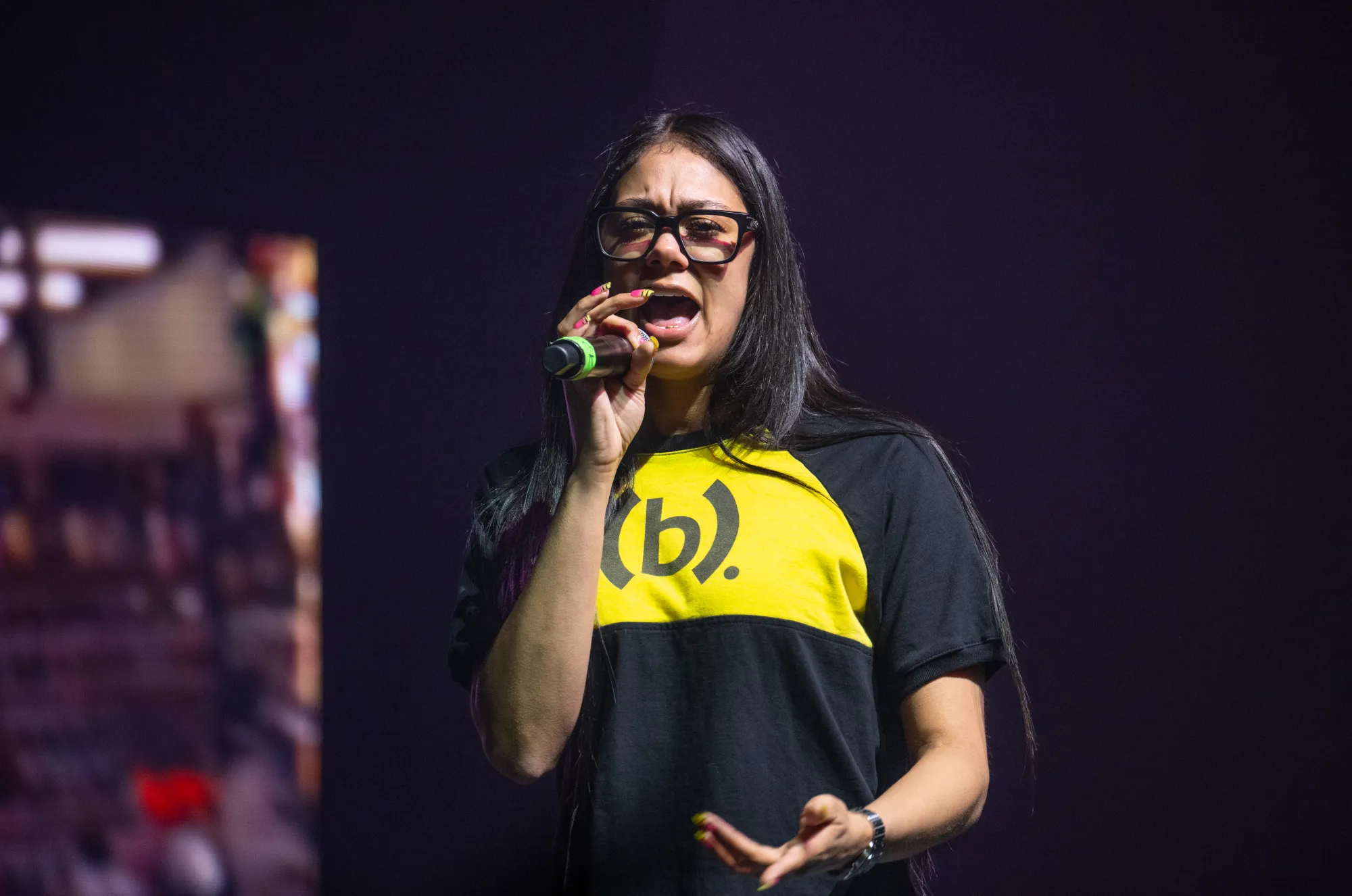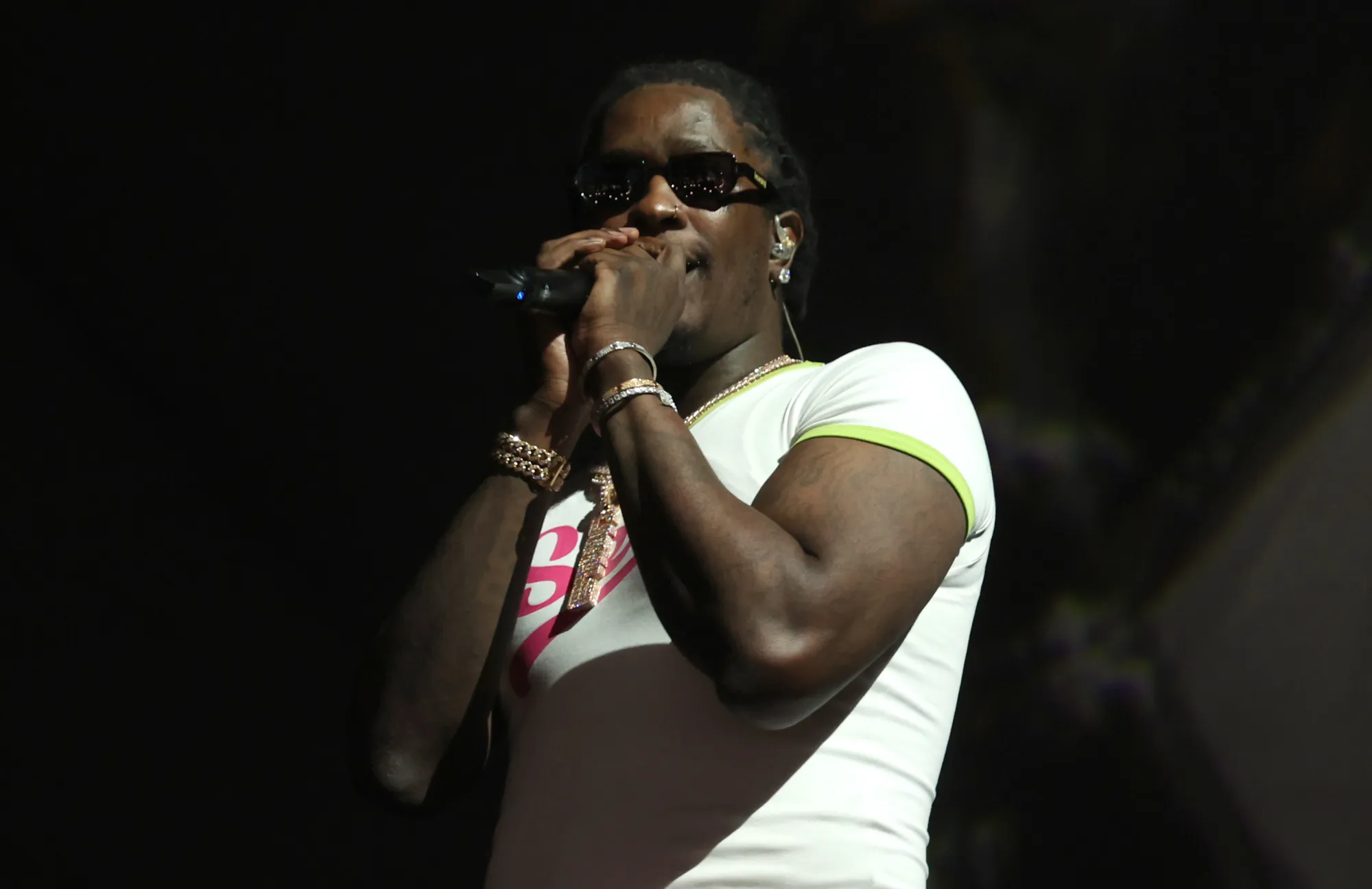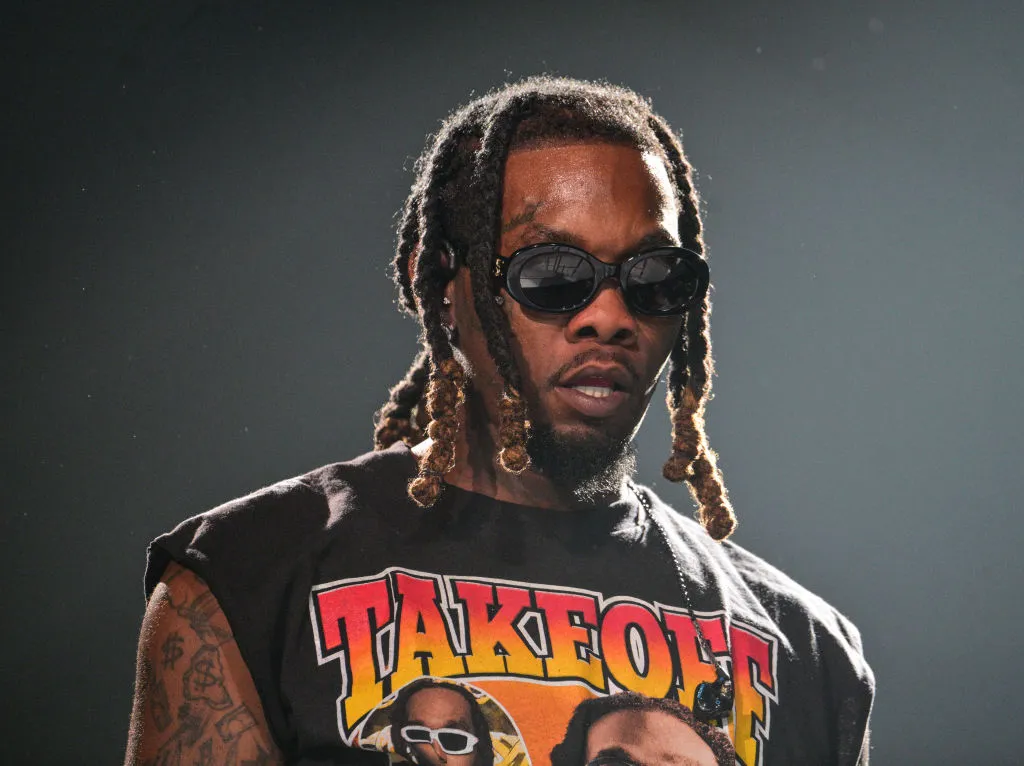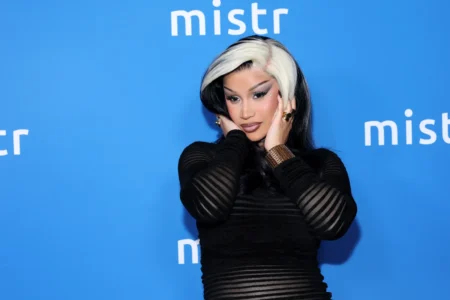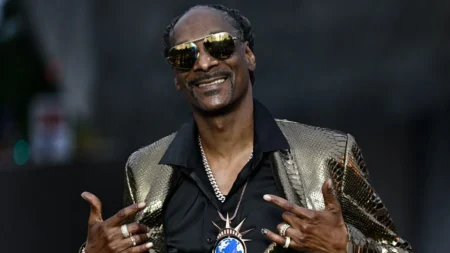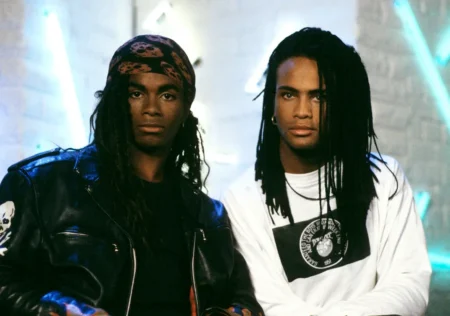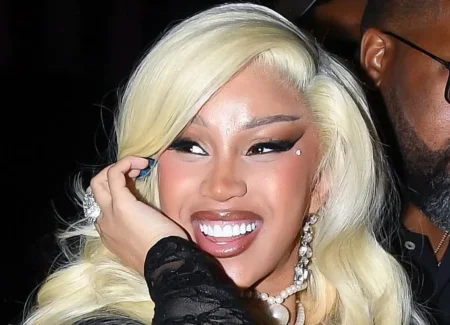Ugandan comedy duo Maulana and Reign have raised concerns over the apparent decline in the quality of Ugandan comedy, attributing the downfall to political interference, commercialization, and the rise of digital platforms like TikTok.
Speaking in a recent interview, Maulana Kasozi lamented that the industry was once thriving but has since lost its essence due to excessive monetization and political entanglement. According to him, comedians initially focused on storytelling and creativity, but the quest for money has led many to prioritize sensationalism over quality content.
“The comedy industry was moving on well until it became monetized and politicized. Comedians focused on money, often resorting to insults and vulgar skits to gain quick attention,” Maulana stated.
The Rise of Vulgarity in Ugandan Comedy
One of the key concerns raised by Maulana is the increasing use of vulgarity among comedians. He explained that in the past, comedy was built on wit and clean humor, but today, many comedians resort to obscene jokes and profanity to capture audiences.
“Back then, comedy was rich in creativity and storytelling. Today, many comedians think being vulgar equals being funny, which is not the case. We are losing the art,” he added.
This shift has created a divide among audiences, with some appreciating the raw humor while others criticize it for lacking depth and originality. The duo believes that for Ugandan comedy to regain its lost glory, comedians must return to their roots and focus on delivering well-crafted, meaningful humor.
How TikTok Is Reshaping Ugandan Comedy
Reign also pointed out another significant factor affecting the industry—TikTok. The rise of the short-form video platform has dramatically altered how people consume comedy. In the past, comedians relied on stage performances, TV shows, and dedicated platforms to showcase their talent. However, with TikTok, content is freely accessible to a wider audience, reducing the incentive for fans to attend live comedy shows.
“The rise of TikTok has largely affected comedy in Uganda. Initially, people mainly accessed our shows from our official platforms, but now, they can find them anywhere, even on TikTok. As a result, the business side of comedy is struggling,” Reign noted.
While TikTok has provided a platform for new talents to emerge, it has also contributed to the decline in structured comedy. Many skits on the platform focus on quick humor rather than well-thought-out performances, shifting audience preferences away from traditional comedy shows.
The Need for Stronger Copyright Laws
With these challenges in mind, Maulana and Reign are calling upon the Ugandan government to amend the copyright law to ensure that creatives can earn from their work. The duo emphasized that without legal protection, comedians and other content creators struggle to benefit financially from their craft, as their content is often shared freely across multiple platforms without permission.
“We request the government to grant us rights to copyright law. If creatives can fully own their content, they will be motivated to produce high-quality work,” they said.
The lack of strict copyright enforcement has left many comedians unable to capitalize on their success, making it difficult for them to sustain their careers. In contrast, countries with well-implemented copyright laws allow entertainers to generate income through royalties, licensing, and other revenue streams.
Can Ugandan Comedy Bounce Back?
Despite these setbacks, Maulana and Reign remain hopeful that Ugandan comedy can regain its lost vibrancy. They believe that by emphasizing originality, reducing reliance on vulgarity, and adapting to modern platforms like TikTok in a structured way, comedians can rebuild the industry’s reputation.
They also urged their fellow comedians to unite and advocate for policies that protect their intellectual property, ensuring that comedy remains a profitable and respected profession in Uganda.
Conclusion
Ugandan comedy is at a crossroads, facing challenges from political interference, commercialization, and the digital revolution. While these factors have disrupted traditional comedy, they also present opportunities for innovation and growth. With proper copyright laws, a focus on quality content, and adaptation to new platforms, Ugandan comedy has the potential to thrive again. The question remains—will the industry rise to the occasion or continue on its downward trajectory?





